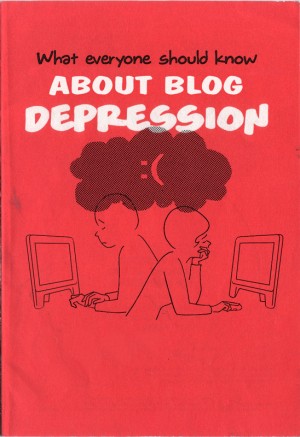
Things got a little strange for me at the end. I was supposed to introduce the keynote speaker, Caterina Fake (Flickr). Caterina was supposed to speak about Yahoo! and what they’re doing in the social media space. (Yahoo! was a featured sponsor of the conference and the keynote position was given to them; they nominated Caterina to speak.) Due to an unexpected family crisis, she wasn’t able to come at the last minute. So, instead of introducing her, i ended up doing a brief ad-hoc explanation of why i am consulting for the Yahoo! Research Labs-Berkeley, briefly explaining Jeff Weiner’s FUSE model – Find, Use, Share, Expand (see Supernova notes and Weiner interviews ). I do genuinely believe that Jeff gets it and i love his model so i was happy to represent his mission, but it felt a little strange to be speaking as an insider when i just got my contractor badge 3 days ago. So trippy.
The point is… i was there.. it was fun… and i’m really really bad at writing up notes about what actually happened. Mostly, i had really good conversations and it was really invigorating to hear different perspectives and have conversations that i haven’t had over and over again.
(And now, i’m in a strange hotel in the middle of Michigan where i’m going to have to miraculously remember matrix algebra before tomorrow so as to not embarrass myself in front of a professor that i admire. ::gulp::)
Technorati Tags: blogher

